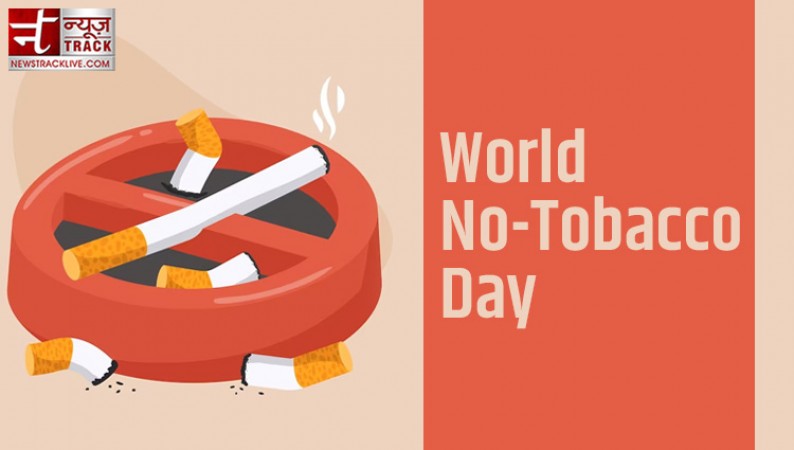
Anti-Tobacco Day, also known as World No Tobacco Day, is observed annually on May 31st. This significant global event aims to raise awareness about the dangers of tobacco use and advocate for effective policies to reduce tobacco consumption. It serves as a platform for individuals, organizations, and governments worldwide to come together and address the devastating impact of tobacco on public health.
History and Significance: The World Health Organization (WHO) established World No Tobacco Day in 1987 to draw attention to the alarming rise in tobacco-related illnesses and deaths. Since then, this day has been observed globally each year to promote awareness and encourage action against tobacco use.
Tobacco consumption remains one of the leading causes of preventable diseases, including various types of cancer, heart and lung diseases, and respiratory problems. It also contributes to the increased economic burden on healthcare systems worldwide. World No Tobacco Day aims to shed light on these health risks and promote tobacco control measures.
International Festival on Anti-Tobacco Day: To mark Anti-Tobacco Day, numerous countries organize various events and campaigns throughout the month of May, culminating in a grand International Festival on May 31st. This festival serves as a focal point for educational activities, community engagement, and policy advocacy related to tobacco control.
The International Festival on Anti-Tobacco Day brings together individuals, organizations, and government representatives dedicated to reducing tobacco consumption. It serves as a platform to share knowledge, experiences, and best practices in tobacco control. The festival features a wide range of activities.
Various awareness campaigns are organized to educate the public about the dangers of tobacco use, the benefits of quitting, and the importance of creating smoke-free environments. Schools, colleges, and community centers conduct educational programs to inform students and the general public about the harmful effects of tobacco. These programs often include workshops, seminars, and interactive sessions led by healthcare professionals.
Smoke-Free Initiatives: The festival encourages the establishment and promotion of smoke-free environments, such as smoke-free campuses, public spaces, and workplaces. Efforts are made to highlight the importance of protecting non-smokers from secondhand smoke.
Anti-Tobacco Day provides an opportunity for organizations and activists to advocate for stronger tobacco control policies at local, national, and international levels. This may include campaigns for higher tobacco taxes, comprehensive advertising bans, and stricter regulations on tobacco sales and marketing.
Health Check-ups: Free health check-up camps are organized to offer basic medical examinations, lung function tests, and counseling services for individuals seeking to quit tobacco. These initiatives help individuals understand the immediate and long-term benefits of quitting smoking.
Artistic Performances: Cultural events, theater plays, and art exhibitions are organized to creatively convey the anti-tobacco message. These performances use storytelling, music, and visual arts to captivate audiences and spread awareness about the hazards of tobacco use.
Online Campaigns: In the digital age, social media platforms and websites play a crucial role in spreading awareness. Online campaigns, hashtags, and interactive quizzes are employed to engage a wider audience and encourage them to participate actively in the movement against tobacco.
Anti-Tobacco Day - International Festival on May 31st provides an essential opportunity to raise awareness, advocate for change, and work towards a tobacco-free world. It serves as a reminder of the immense health risks associated with tobacco use and emphasizes the need for comprehensive tobacco control policies. By participating in this festival, individuals and communities can contribute to reducing the global burden of tobacco-related diseases and improve public health for generations to come.